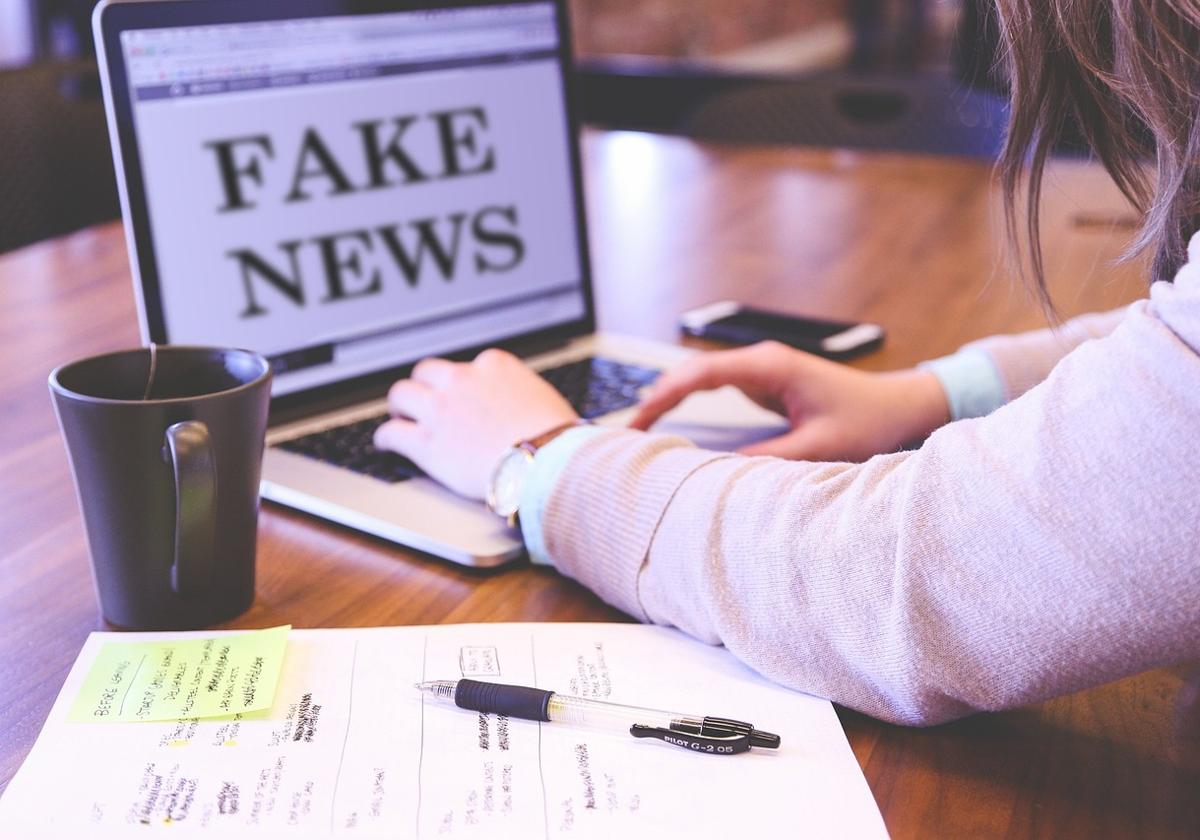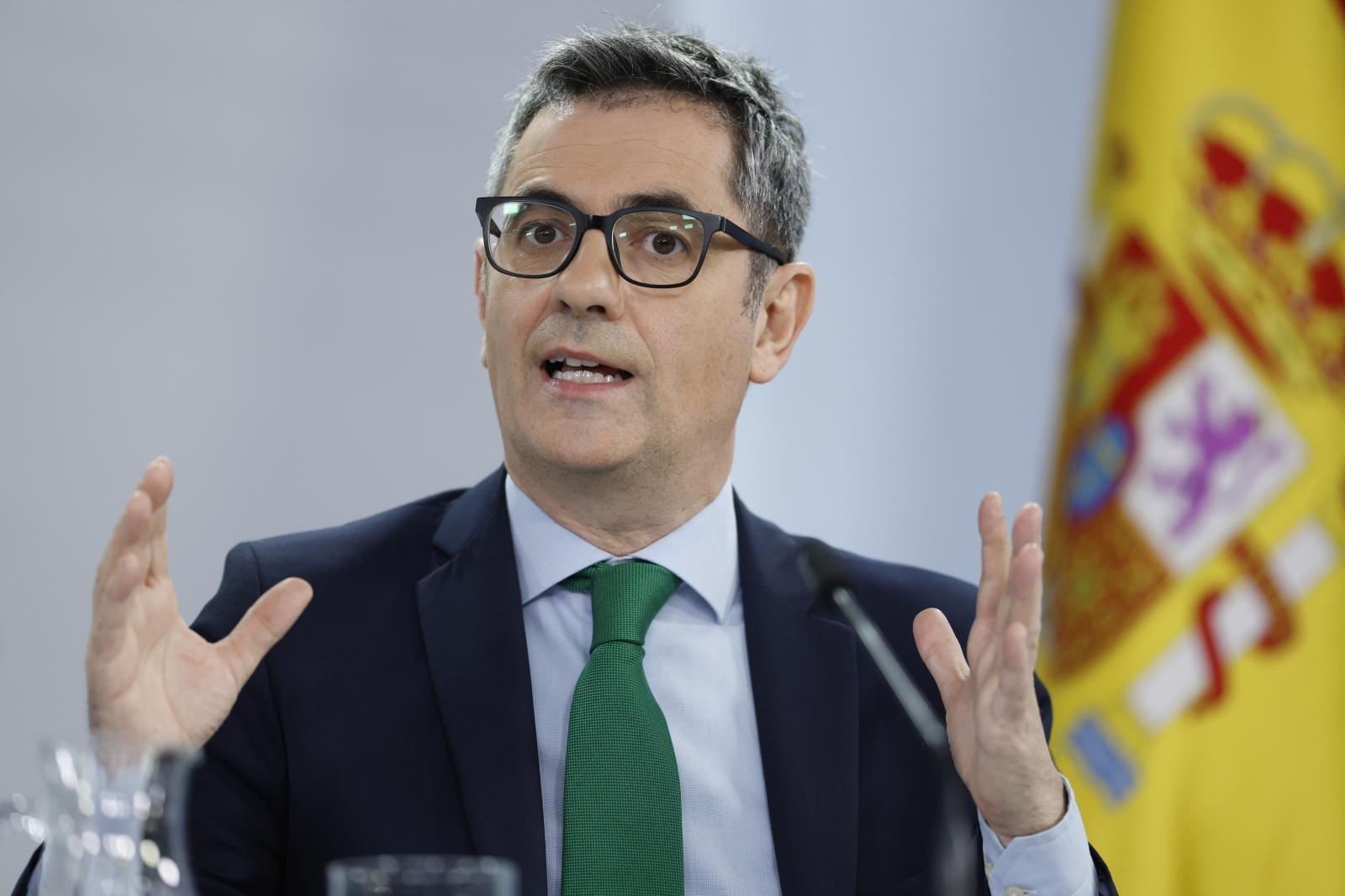

Sections
Highlight

Spain’s central government plans to introduce a bill to force social media influencers and digital platforms to publish corrections to posts in a bid to prevent the spread of disinformation online.
"We citizens have the right to defend ourselves from professional hoaxers." It is not surprising that the author of this sentence, in the first person, is not an ordinary member of the public but one of the most politically influential members of a government, that of the PM Pedro Sánchez, who has long claimed to be the victim of a disinformation campaign.
Minister of justice Félix Bolaños avoided talking about particular cases in chambers as he announced the approval of the preliminary draft of the law regulating the right of rectification. The law will not only affect the traditional media - such as newspapers, television and radio - but also online influencers who have more than 100,000 followers on social media.

Sánchez first spoke of implementing a "democratic renewal plan" that would, among other things, reinforce the right to truthful information when he emerged from the five days of confinement he went into in April. During that period the Spanish PM reflected on whether it was worth continuing in government. The possibility of resignation came after it emerged that a judge, Juan Carlos Peinado, had decided to open proceedings against his wife, Begoña Gómez, on the basis of a complaint that, to this day, the government still claims to be based on hoaxes.
Bolaños was careful not to make any allusion to this case. In fact, that phrase in the first person plural ("we have the right") was the closest he came to linking words to certain cases affecting the government itself. He pointed out the new law, which must go through a consultation phase before being put before parliament, will replace legislation from 1984, before the Internet existed.
The bill targets 'influencers' who have more than 100,000 followers on a single platform or 200,000 across several. These platforms must have a mechanism to facilitate peoples’ right to ask that false or inaccurate information that harms them be corrected publicly.
"These people have a wider reach of the information they spread than many traditional media outlets and there are professional hoaxers and liars who every day sully our public debate with lies and falsehoods," Bolaños said.
When the law comes into effect, anyone who considers themselves to be a victim of misinformation can demand a rectification from the author, as happens with what is published in newspapers, on television or radio. If their request is not heeded, the case can go to court.
The new law will also no longer consider it obligatory for the rectification request to be addressed to the director of the media, who, in some cases, is not even easy to identify. The rectification must involve a notice that the information has been rectified, include the correct information and link back to what was originally published.
"We are making life more difficult for those people who lie and spread hoaxes every day," Bolaños said.
Publicidad
Publicidad
Publicidad
Publicidad
Esta funcionalidad es exclusiva para suscriptores.
Reporta un error en esta noticia
Comentar es una ventaja exclusiva para registrados
¿Ya eres registrado?
Inicia sesiónNecesitas ser suscriptor para poder votar.